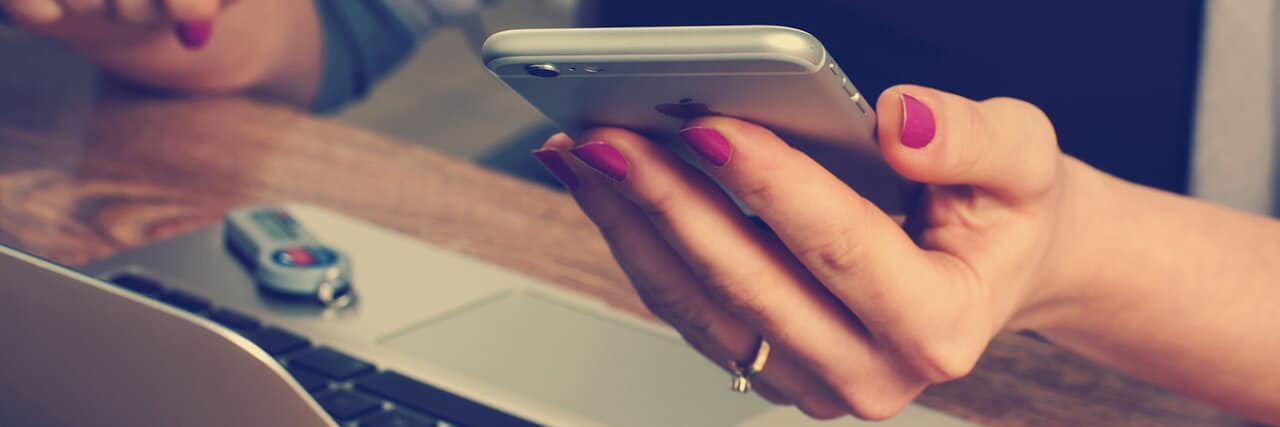Forskning och utveckling kategorier
Tips for overcoming tech-integration plateau
Whether your role is as an administrator, teacher, parent, or student leader, if you’re reading this, you are probably interested in helping other school community stakeholders understand the power of technology in a teaching and learning environment.
